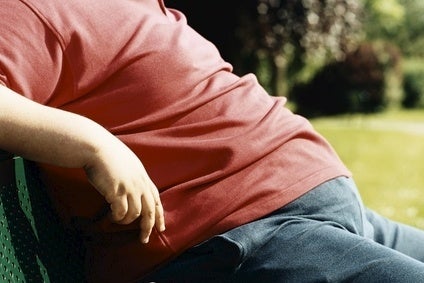
The EU trade association for the bloc’s food and drink industries, FoodDrinkEurope, has shrugged off Brussels’ claims sin taxes do reduce consumption of products high in salt, sugar and fat.
FoodDrinkEurope said a study from The European Commission shows there is “no conclusive evidence that taxing food and drink products for public health purposes is an effective way of changing consumer behaviour”.

Discover B2B Marketing That Performs
Combine business intelligence and editorial excellence to reach engaged professionals across 36 leading media platforms.
The industry body said the report showed evidence of substitution effects, in particular the purchase of similar non-taxed products or of cheaper brands. SUch patterns indicated the levies were “thus potentially not lowering the consumption of the ingredient the tax aims to target”.
In its report, Food Taxes and their Impact on Competitiveness in the Agri-food Sector, the Commission agreed higher taxes may merely encourage consumers to go for cheaper products.
However, its central conclusion was that “non-harmonised taxes on high sugar, salt and fat products such as soft drinks, sweet and salty foodstuffs do induce a reduction of the consumption of the taxed products”.
Nevertheless, the exact impact on the competitiveness of the European food sector “needs to be further assessed”, Brussels said. FoodDrinkEurope insisted the taxes were discriminatory and distorted the market.

US Tariffs are shifting - will you react or anticipate?
Don’t let policy changes catch you off guard. Stay proactive with real-time data and expert analysis.
By GlobalData




